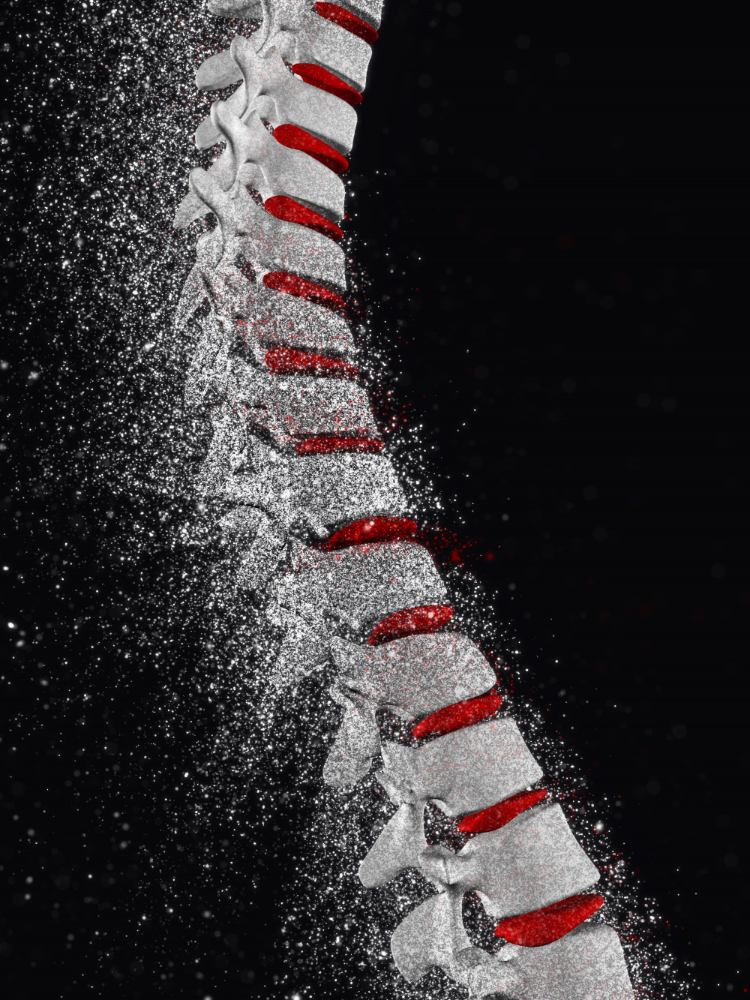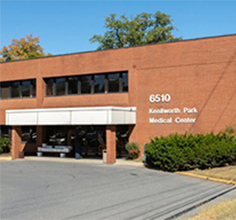
Osteoporosis is a prevalent and potentially debilitating condition characterized by weakened and brittle bones, rendering them more susceptible to fractures. Although it can affect individuals of any age, it is most commonly observed in older adults. This article brought to you by Southern Maryland Medical Group aims to provide a brief overview of osteoporosis, its causes, and practical guidance for effective management.
If you are looking for a primary care physician to address your health concerns, then call Southern Maryland Medical Group to schedule an appointment with one of our licensed primary care doctors.
The primary factor contributing to osteoporosis is a gradual loss of bone density, which occurs as part of the natural aging process. However, certain risk factors can accelerate this process.
Hormonal change is one such risk factor. Postmenopausal women are particularly susceptible to osteoporosis due to a decline in estrogen levels, a hormone that plays a crucial role in maintaining bone density. Similarly, men may experience a reduction in testosterone levels with age, putting them at risk as well.
Moreover, inadequate calcium and vitamin D intake can contribute to the development of osteoporosis. A diet lacking in these nutrients hampers the body's ability to build and maintain strong bones.
Finally, a genetic predisposition as well as sedentary lifestyles, excessive alcohol consumption, and smoking can negatively impact bone health. Regular weight-bearing exercises, on the other hand, stimulate bone formation and help maintain bone density.
As we touched on earlier, adequate calcium and vitamin D intake is essential for maintaining bone health. Dairy products, leafy green vegetables, and fortified foods are excellent sources of these essential nutrients.
Special medication can also help. Bisphosphonates, hormone replacement therapy (HRT), and denosumab are commonly prescribed medications to inhibit bone loss and promote bone formation.
Perhaps most importantly, adopting a bone-friendly lifestyle can significantly contribute to osteoporosis management. Regular weight-bearing exercises, such as walking and strength training, stimulate bone formation. Quitting smoking and moderating alcohol intake also play pivotal roles in maintaining bone health.
These measures are vital, but managing osteoporosis involves more than self-help. Regular check-ups with healthcare providers, including bone specialists, are vital for ongoing management. They can assess the effectiveness of treatments, adjust medications if necessary, and provide personalized advice based on individual health needs.
Periodic bone density tests, such as dual-energy X-ray absorptiometry (DXA) scans, help monitor bone health and guide treatment decisions. Early detection allows for timely intervention and better management.
If the following apply to you, then it is advisable to visit a licensed physician at a convenient time:
Residents in the Maryland area can call Southern Maryland Medical Group to speak with a member of our team today. We are happy to schedule an appointment or arrange a walk-in for as soon as possible.
Southern Maryland Medical Group has 3 convenient locations to provide professional medical care services in the Southern Maryland area. Call or schedule an appointment with one of our locations to get medical care help.

5801 Allentown Road, Suite 400 Camp Spring, MD 20746
Phone: 301-868- 0150
Billing Inquiries: 301-552-1270
Fax: 301-868-0243

7500 Greenway Center, Dr #1200 Greenbelt, MD 20770
Phone: 301-486-7580
Billing Inquiries: 301-552-1270
Fax: 301-486-7581

6510 Kenilworth Ave, Ste 1400, Riverdale MD 20737
Phone: 301-618-0771
Billing Inquiries: 301-552-1270
Fax: 301-618-0772